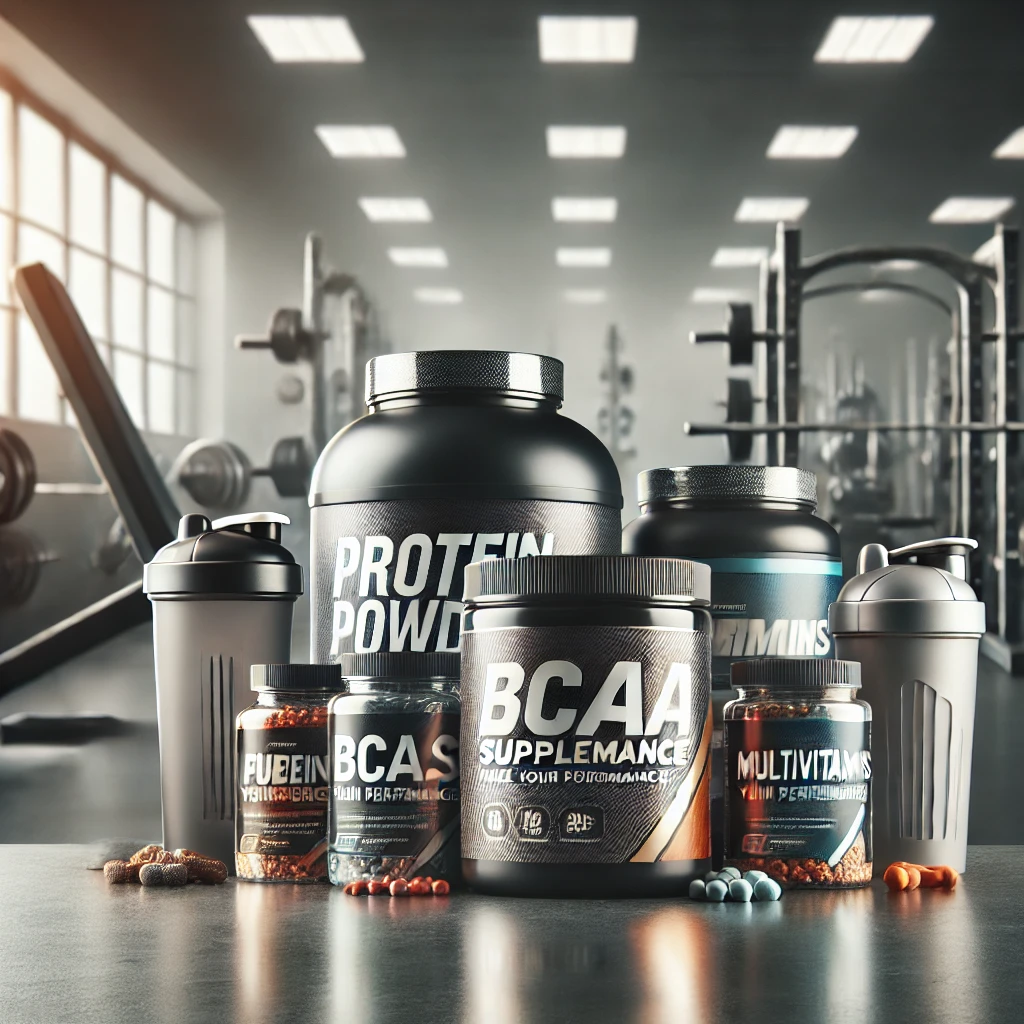
How Supplements Can Make You a Better Athlete: A Comprehensive Guide
Share
Athletic performance is often thought to rely solely on training and genetics. However, nutrition plays a crucial role in optimizing an athlete's potential. Supplements can bridge the gap between adequate nutrition and peak performance, helping athletes enhance their strength, endurance, recovery, and overall well-being. Here, we'll delve into how supplements can make you a better athlete and the science behind their effectiveness.
Fueling Performance
Protein Supplements
Protein is essential for muscle repair and growth. Athletes require higher amounts of protein to support their intense training regimes. Protein supplements, such as whey, casein, and plant-based proteins, provide a convenient and efficient way to meet these needs. Consuming protein post-workout aids in muscle recovery, reduces soreness, and promotes muscle hypertrophy, allowing athletes to train harder and more frequently.
Creatine
Creatine is one of the most researched and effective supplements for enhancing athletic performance. It increases the body’s store of phosphocreatine, which is used to produce ATP, the primary energy carrier in cells. This boost in ATP availability improves strength, power output, and high-intensity exercise performance, making it a staple for athletes involved in sports requiring explosive movements, such as sprinting, weightlifting, and football.
Branched-Chain Amino Acids (BCAAs)
BCAAs, which include leucine, isoleucine, and valine, are crucial for muscle protein synthesis and energy production during exercise. They help reduce exercise-induced muscle damage, decrease muscle soreness, and prevent fatigue, thus enhancing endurance and recovery. Athletes often use BCAAs to maintain performance during prolonged training sessions and to accelerate recovery afterward.
Enhancing Endurance
Beta-Alanine
Beta-alanine is a non-essential amino acid that increases muscle carnosine levels, which helps buffer acid in muscles, reducing fatigue and improving exercise capacity. This makes it particularly beneficial for athletes engaged in high-intensity activities like cycling, swimming, and running, where endurance is key.
Caffeine
Caffeine is a powerful ergogenic aid that enhances endurance, alertness, and mental focus. It stimulates the central nervous system, increases adrenaline production, and mobilizes fatty acids from fat tissues, sparing muscle glycogen. This combination of effects allows athletes to train harder and longer, with reduced perception of effort.
Supporting Recovery
Omega-3 Fatty Acids
Omega-3 fatty acids, found in fish oil, are known for their anti-inflammatory properties. They help reduce muscle soreness and joint pain, enhance cardiovascular health, and improve immune function. For athletes, this means quicker recovery times, less downtime due to injuries, and overall better health.
Glutamine
Glutamine is an amino acid that supports immune function, gut health, and muscle recovery. During intense training, glutamine levels can be depleted, leading to increased susceptibility to illness and prolonged recovery times. Supplementing with glutamine helps maintain optimal immune function and speeds up muscle repair processes.
Promoting Overall Health
Multivitamins
Athletes have increased nutritional needs due to their rigorous training schedules. A high-quality multivitamin ensures they receive essential vitamins and minerals that might be lacking in their diet. This supports overall health, boosts energy levels, and helps prevent deficiencies that could impair performance.
Probiotics
Gut health is critical for nutrient absorption, immune function, and overall well-being. Probiotics support a healthy gut microbiome, enhancing digestion and nutrient uptake. For athletes, a healthy gut means better digestion, reduced inflammation, and improved recovery.
Conclusion
While supplements can significantly enhance athletic performance, they should be used to complement a balanced diet and rigorous training program. It's essential for athletes to consult with a healthcare professional or a sports nutritionist to tailor their supplement regimen to their specific needs and goals. With the right approach, supplements can be a powerful tool in an athlete's arsenal, helping them achieve their full potential and excel in their sport.</p>
